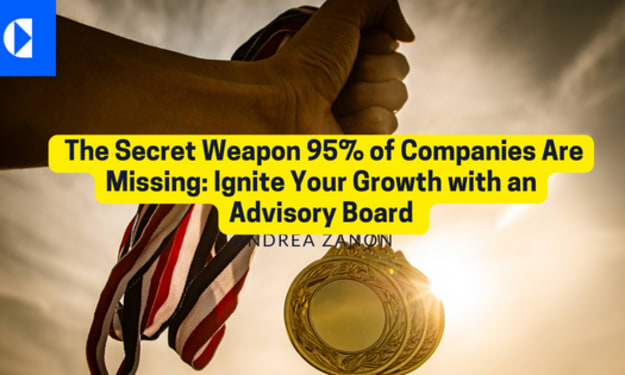Breaking the Silence
A Courageous Interview on Sexual Harassment

In a bustling city where glass towers reached for the sky, Sarah Mitchell sat across from me, her eyes reflecting a blend of resilience and vulnerability. We settled into a quiet corner of a local cafe, the hum of espresso machines providing a backdrop to the profound conversation that was about to unfold.
As a seasoned journalist, I had conducted numerous interviews, but none weighed as heavily on my heart as this one. Sarah, a 30-year-old marketing professional, had bravely agreed to share her story of sexual harassment in the workplace—a story that echoed the experiences of many who had suffered in silence.
Interviewer (I): Sarah, thank you for joining me today. Could you start by telling us about the beginning of your career and the workplace where this incident occurred?
Sarah (S): Certainly. I started my career full of enthusiasm, eager to contribute to the marketing team of a reputable company. Everything seemed promising until my direct supervisor, Mr. Anderson, began to cross professional boundaries.
I: How did these incidents manifest initially?
S: It started with subtle comments, seemingly harmless, but they made me uncomfortable. Compliments about my appearance, personal questions that had nothing to do with work—it was uncomfortable, but I thought maybe it was just a misguided attempt at friendliness.
I: When did it escalate from uncomfortable to something more concerning?
S: The turning point was when he began making explicit comments about my body. It was like a switch had been flipped. Suddenly, I felt objectified, reduced to something less than a professional colleague. I knew it was wrong, but fear and self-doubt held me back from speaking up.
I: What impact did this harassment have on your work and well-being?
S: It was devastating. I found myself dreading going to work, losing confidence in my abilities. I felt trapped, as if I had to choose between enduring the harassment or jeopardizing my career by reporting it. The emotional toll was immense.
I: How did you eventually find the strength to confront the situation?
S: It wasn't easy. The breaking point came when Mr. Anderson's actions escalated to unwelcome physical contact. That was the wakeup call I needed. I realized I couldn't allow this to continue, not just for my sake but for others who might be suffering in silence.
I: What steps did you take next?
S: I documented everything—dates, times, and detailed descriptions of each incident. I confided in a trusted colleague, and together we approached HR. I was terrified, but I had reached a point where the fear of staying silent outweighed the fear of speaking up.
I: How did the company respond to your complaint?
S: Initially, they seemed supportive. HR assured me they would conduct a thorough investigation. However, as the process unfolded, I felt like I was the one being scrutinized. There was skepticism, victim-blaming, and a pervasive culture of protecting the company's image over addressing the issue.
I: That must have been incredibly disheartening. How did you cope with the emotional toll during this period?
S: It was challenging. I sought therapy to help process the trauma. Connecting with support groups for survivors of harassment was also crucial. Knowing I wasn't alone gave me strength.
I: Looking back, what advice would you give to someone facing a similar situation?
S: Trust your instincts. If something feels wrong, it probably is. Document everything, confide in someone you trust, and don't be afraid to seek professional help. Most importantly, know that you deserve to work in an environment free from harassment.
I: In the aftermath of this experience, what changes would you like to see in workplace environments?
S: Companies need to prioritize creating safe spaces for employees to report harassment without fear of retaliation. There should be comprehensive training for all staff on recognizing and preventing workplace harassment. Additionally, a cultural shift is necessary to ensure that victims are supported and believed, rather than scrutinized or dismissed.
As we concluded the interview, Sarah's story lingered in the air—a powerful testament to the resilience of those who, despite the odds, find the strength to break the silence surrounding sexual harassment. Her courage had paved the way for change, urging us all to confront uncomfortable truths and work collectively towards fostering workplaces where dignity and respect prevail.






Comments
There are no comments for this story
Be the first to respond and start the conversation.